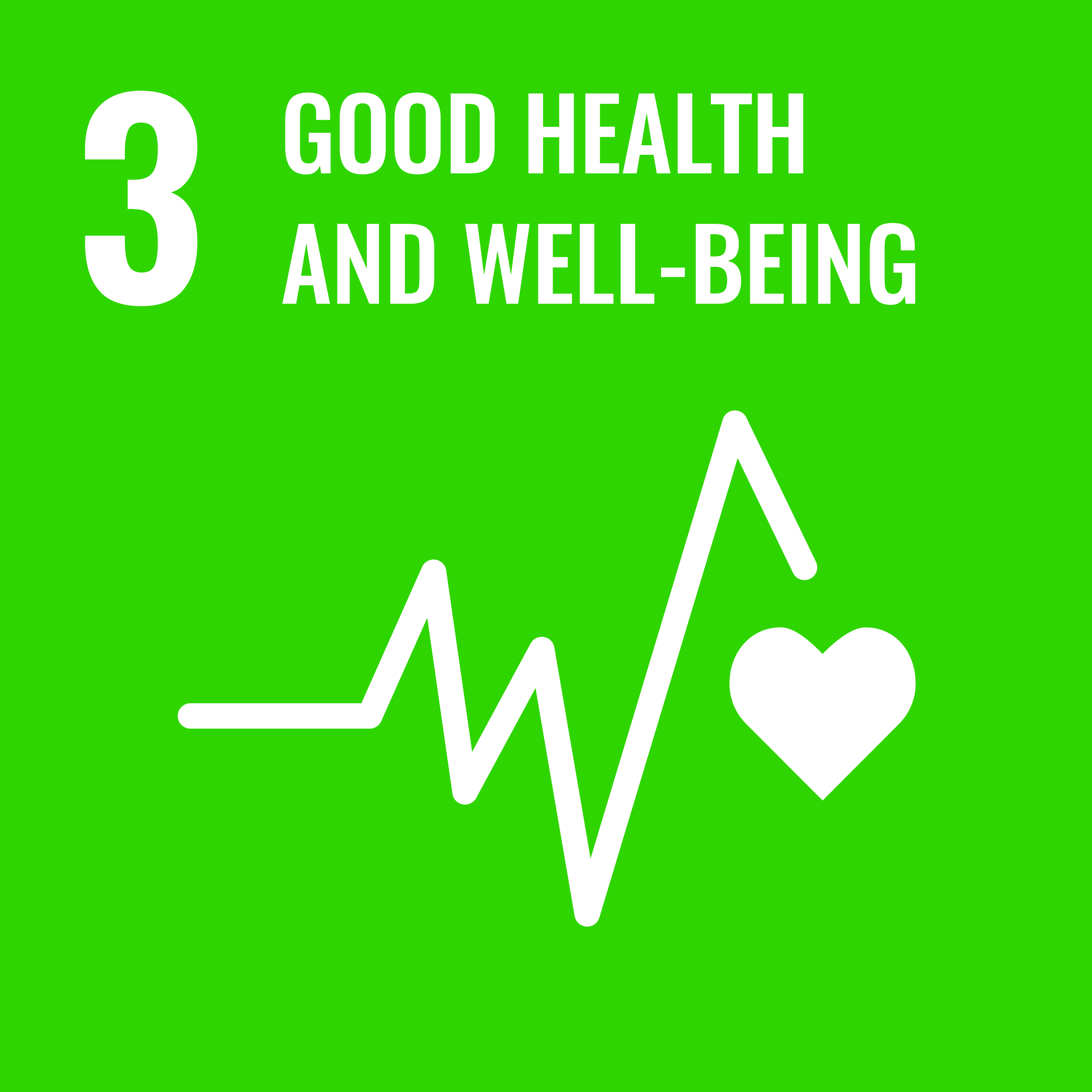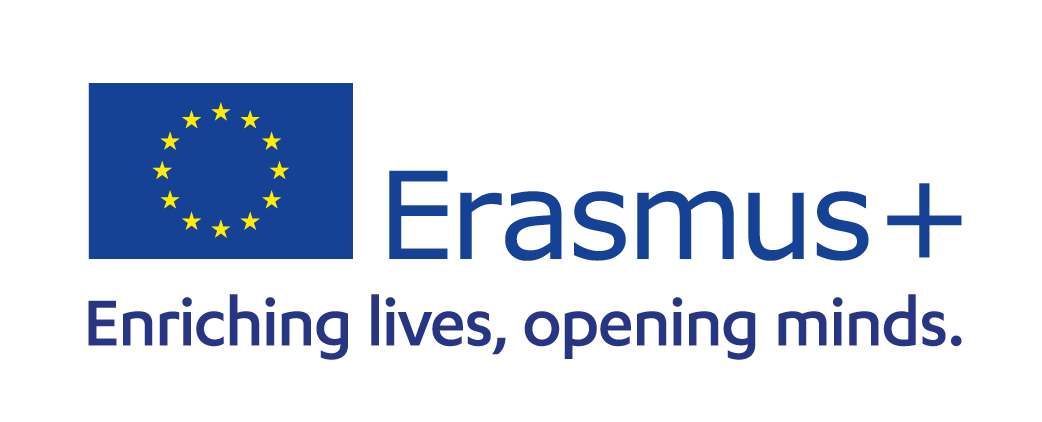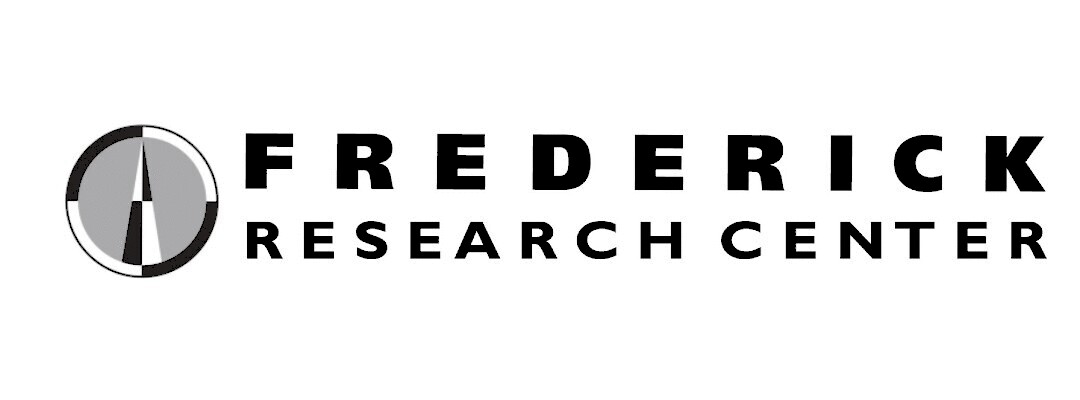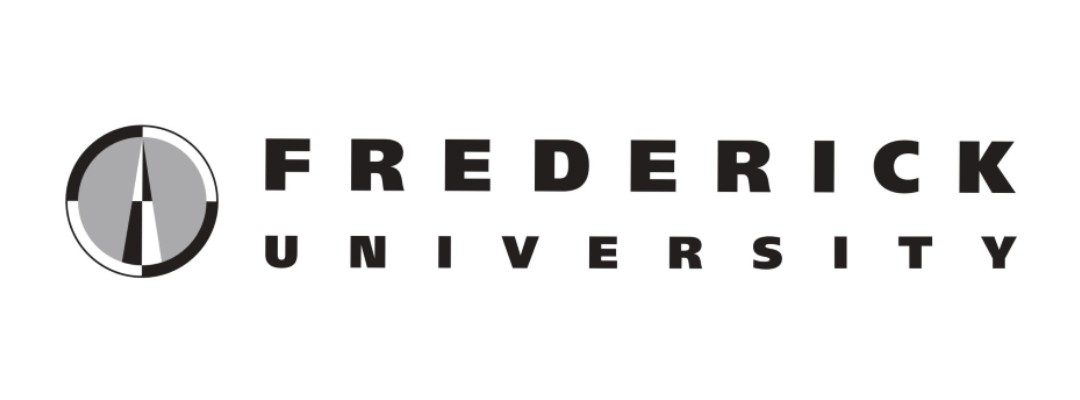About the project
BLISS aims to respond to the 'health need' and the associated need to have the tools to find, analyze and understand health-related news with an integrated educational and social intervention. These skills are part of 'digital health literacy', as defined by the WHO. The intervention is particularly urgent in the current period, in which the effects of the Covid-19 pandemic are evident and severe, particularly in the population segments of developmental age. The acronym chosen, BLISS, is not accidental: the project wants to offer the beneficiaries a better quality of life and well-being for their future, thanks to the acquisition of fundamental skills for personal growth and active European citizenship. The objective of improving citizens' health has in fact a transnational scope, as clearly stated in the European Commission's eHealth Action Plan 2012-2020. In this context, digital technologies play a crucial role, contributing to the achievement of the goals of the UN 2030 Agenda. The data collected from the preliminary surveys carried out by the partners show a fair degree of awareness among young people about what are the most reliable and safe resources in relation to health, as well as the importance of checking and investigating different sources. However, the vast majority of people involved states not to completely trust information on the web and is interested in acquiring appropriate skills and having access to innovative and reliable tools. The school is identified as an important actor, and the BLISS approach contributes to this. BLISS aims to contribute to the development of Digital Health Literacy in Europe through targeted training, documentation and experimentation in the school sector. In particular, the project's activities will focus on news recognition and understanding, in line with the EU's "commitment to protect societies, citizens and freedoms from hybrid threats, including misinformation and disinformation", as outlined in the Strategic Agenda 2019- 2024.
Sustainable Development Goals:

People:
-
Michalis Soteriou - Senior Software Developer - Developer
-
Andreas Konstantinidis - Director - Researcher
-
Panayiota Kyriakou - Project Manager / Researcher - Project Leader
-
Achilleas Achilleos - Lecturer - Principal Investigator
.png)
.png)


